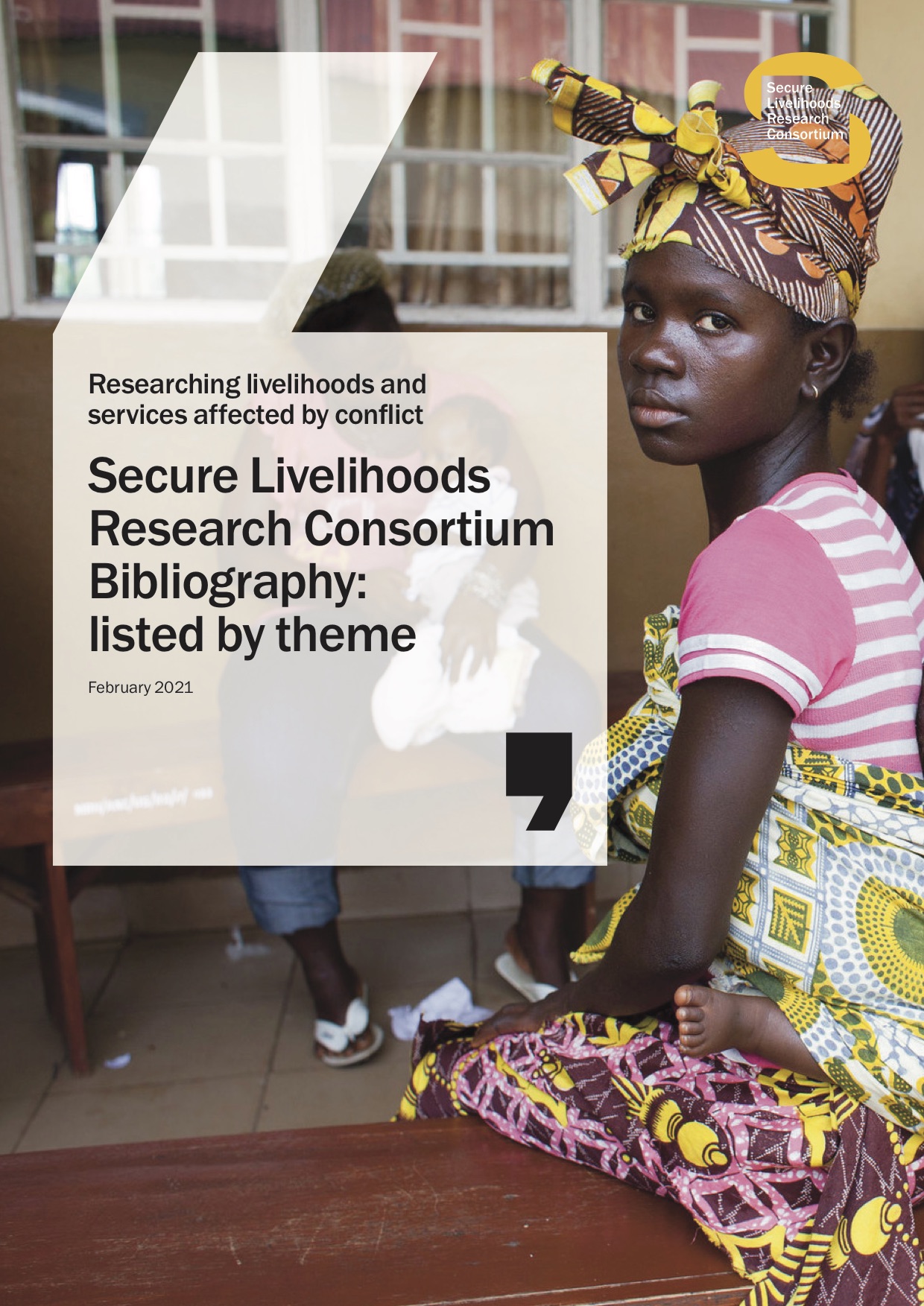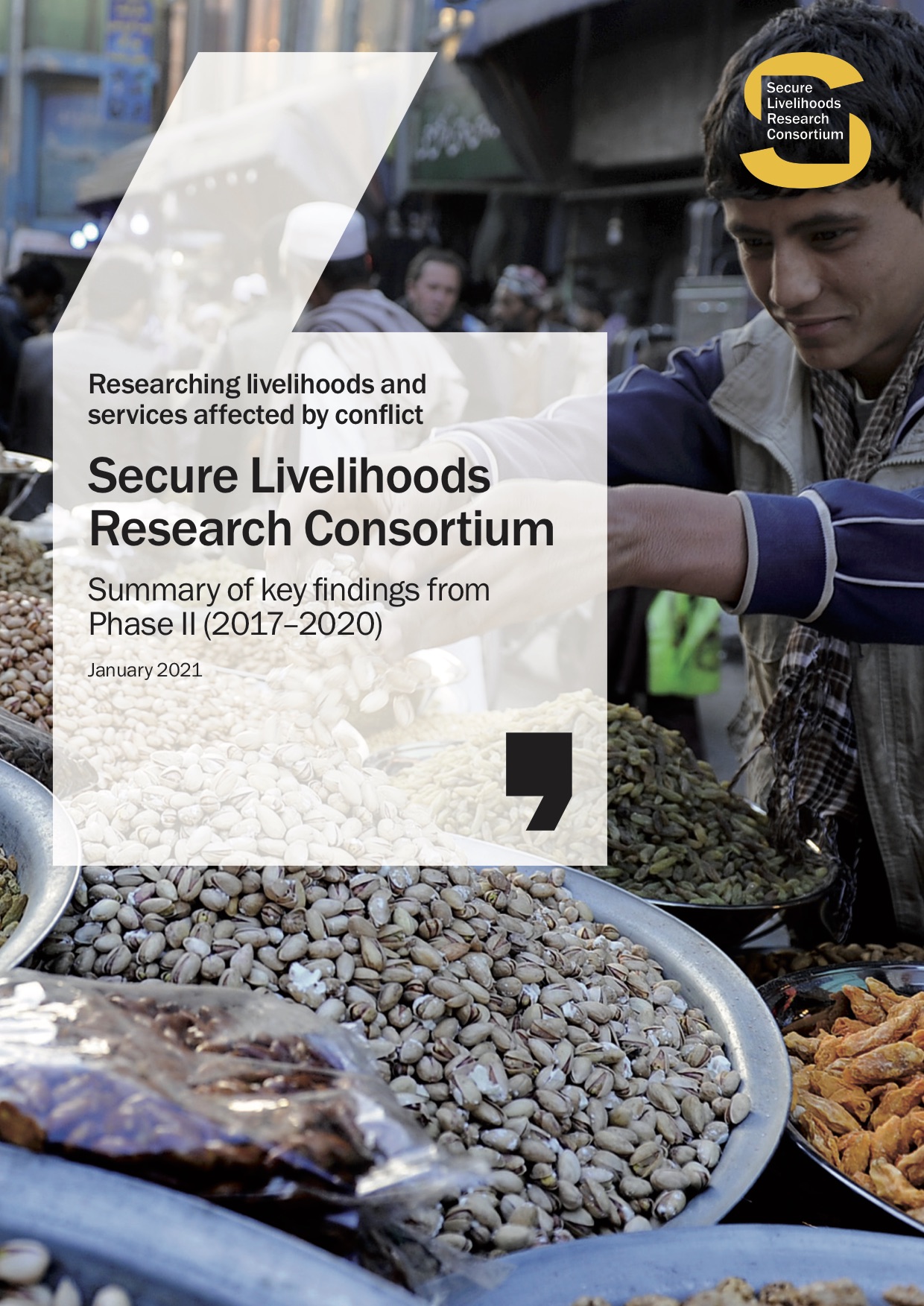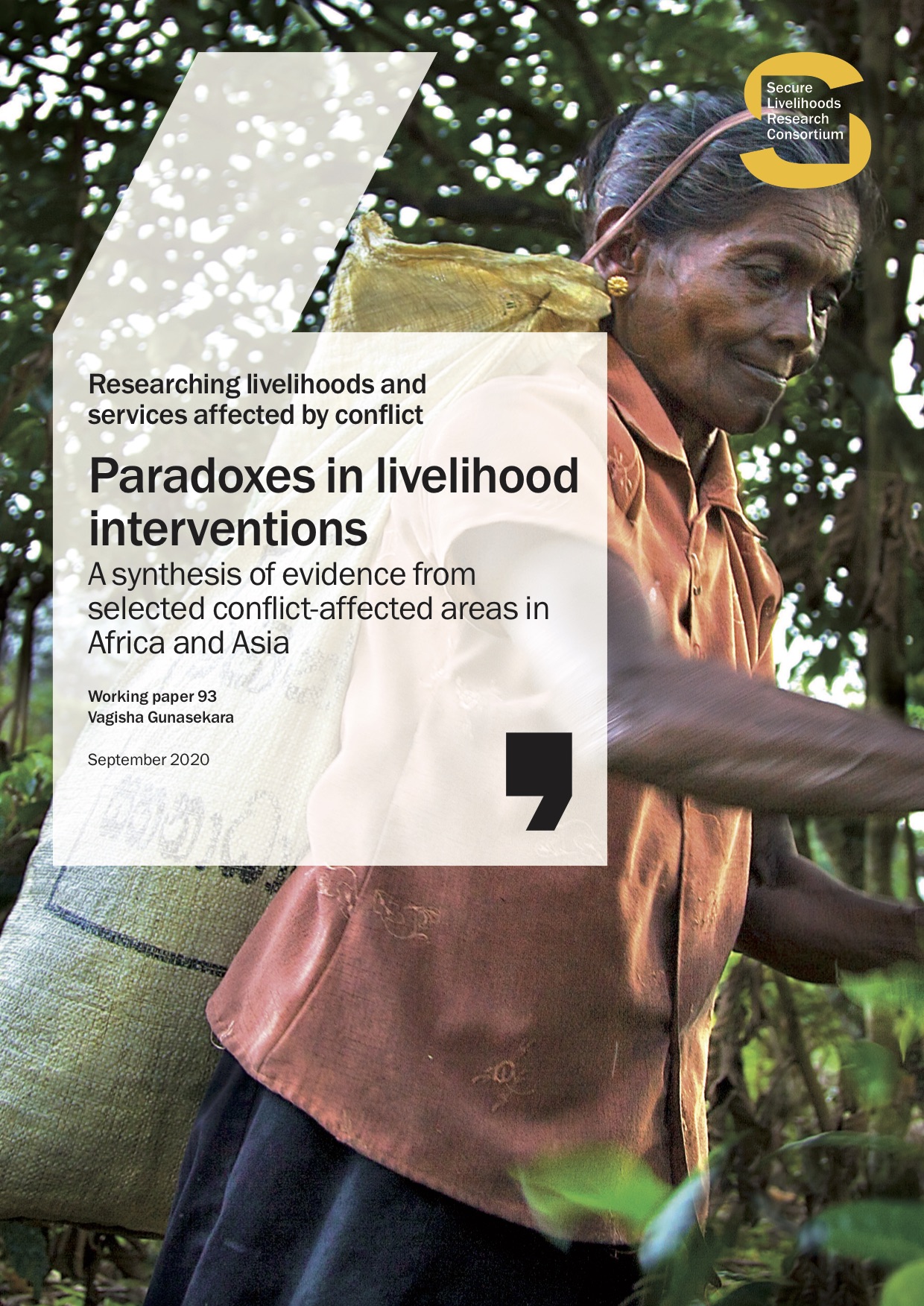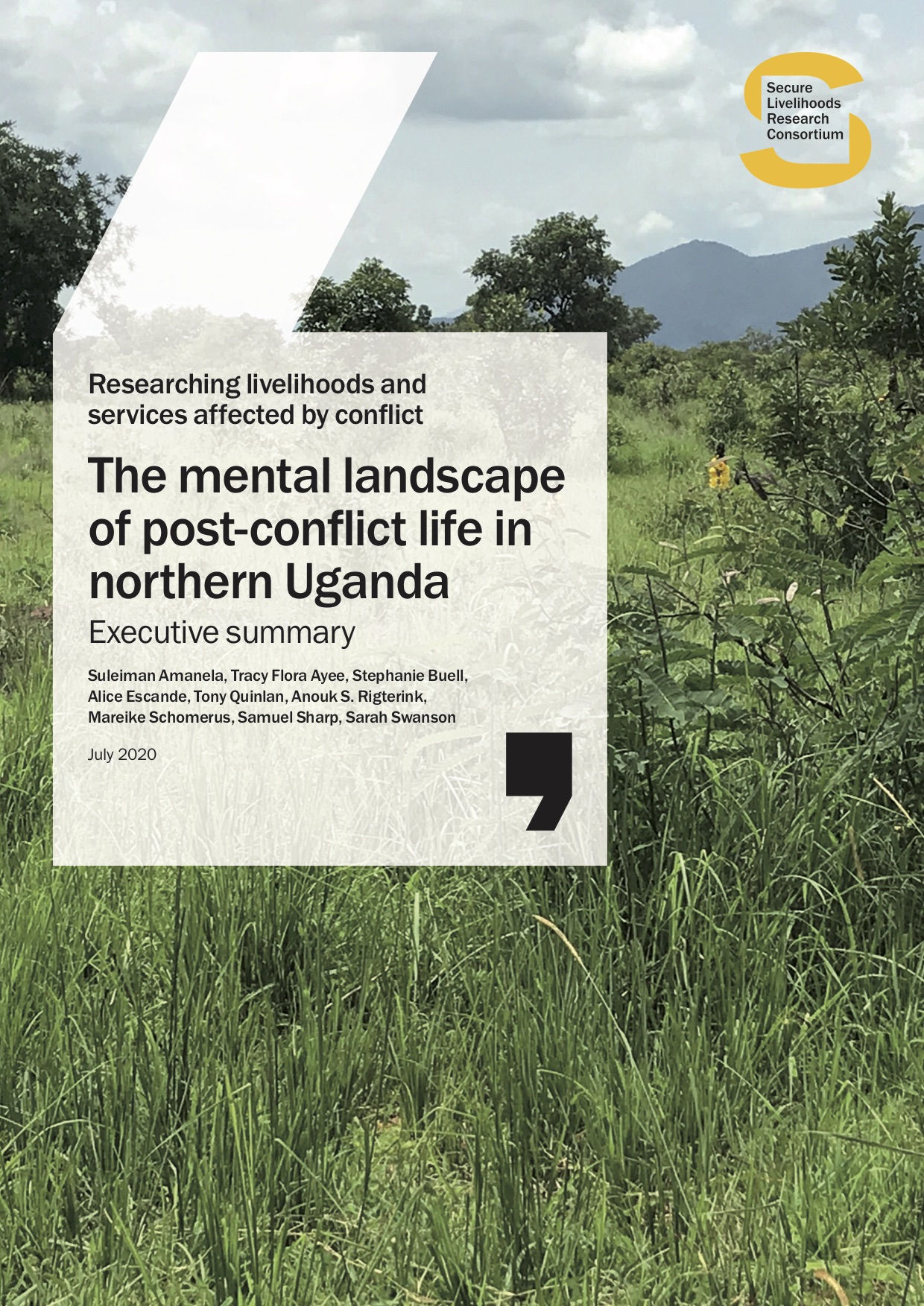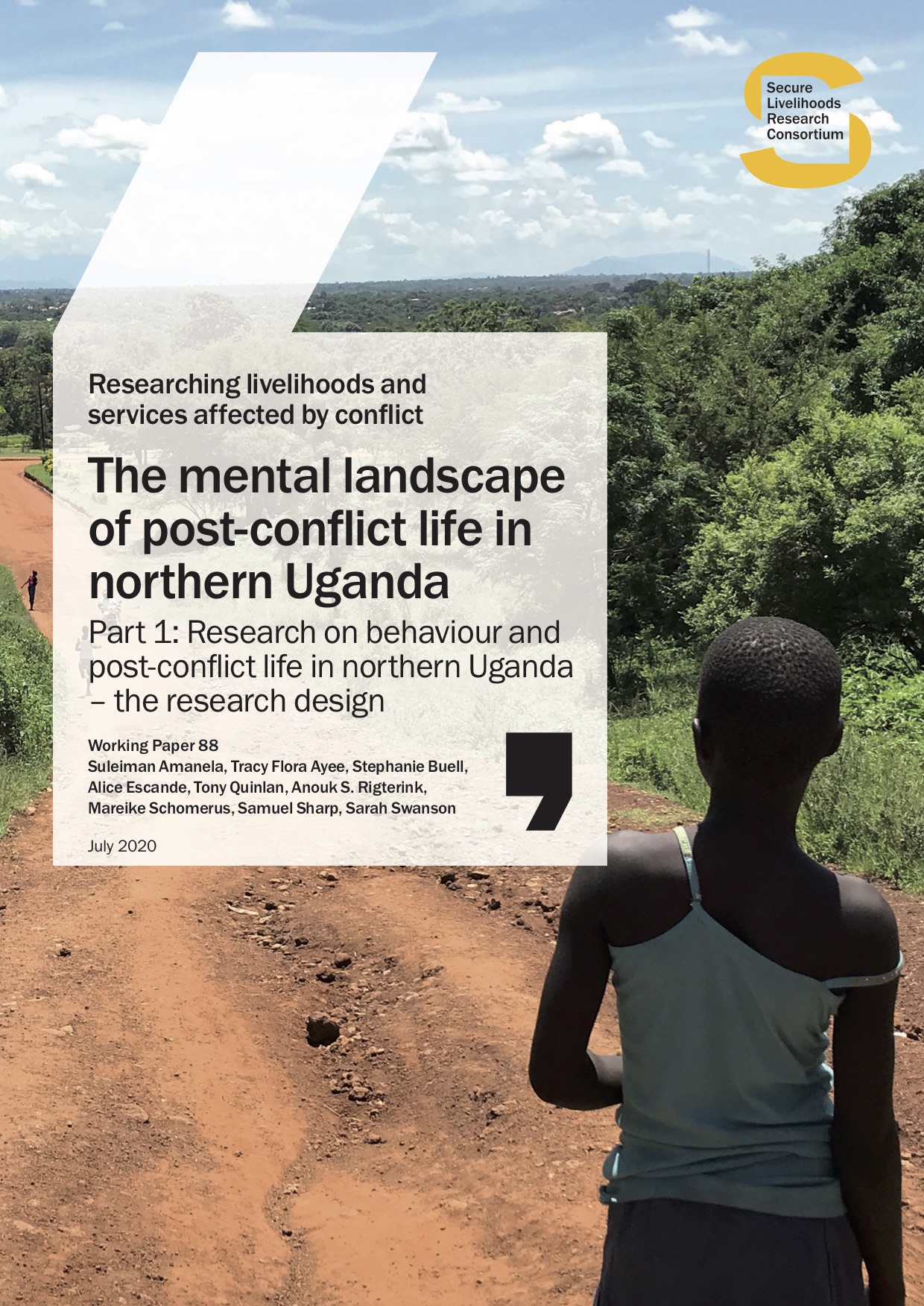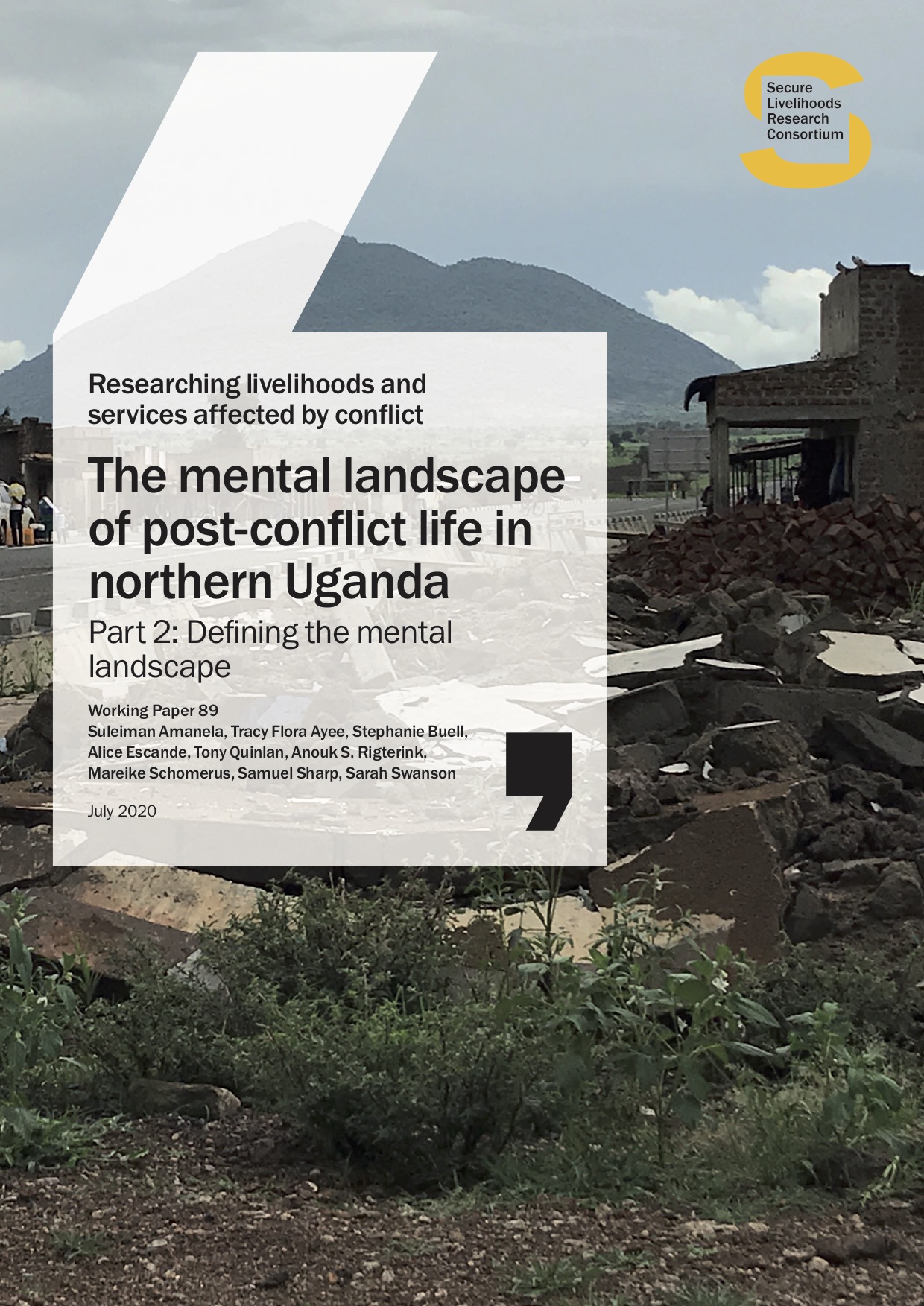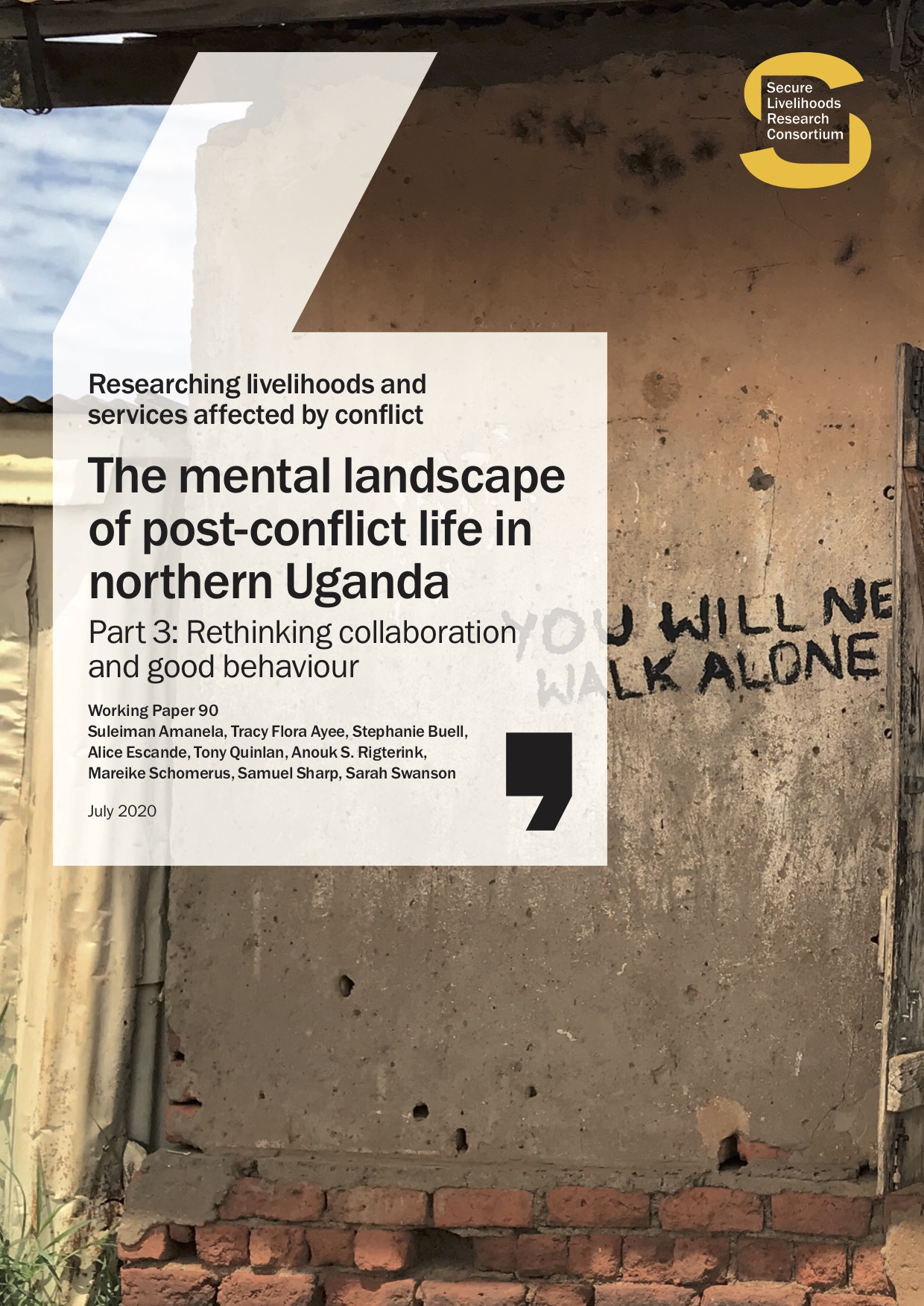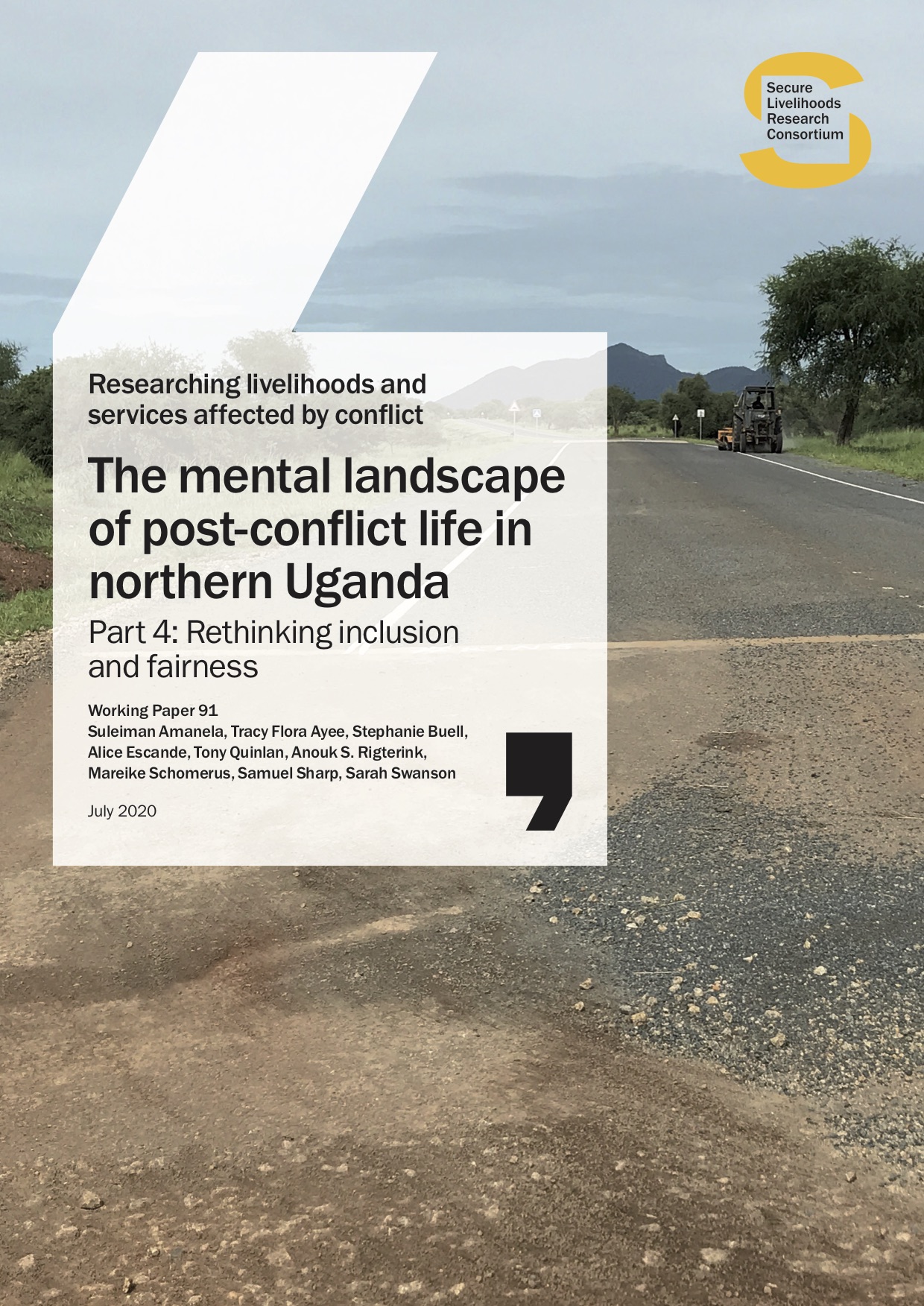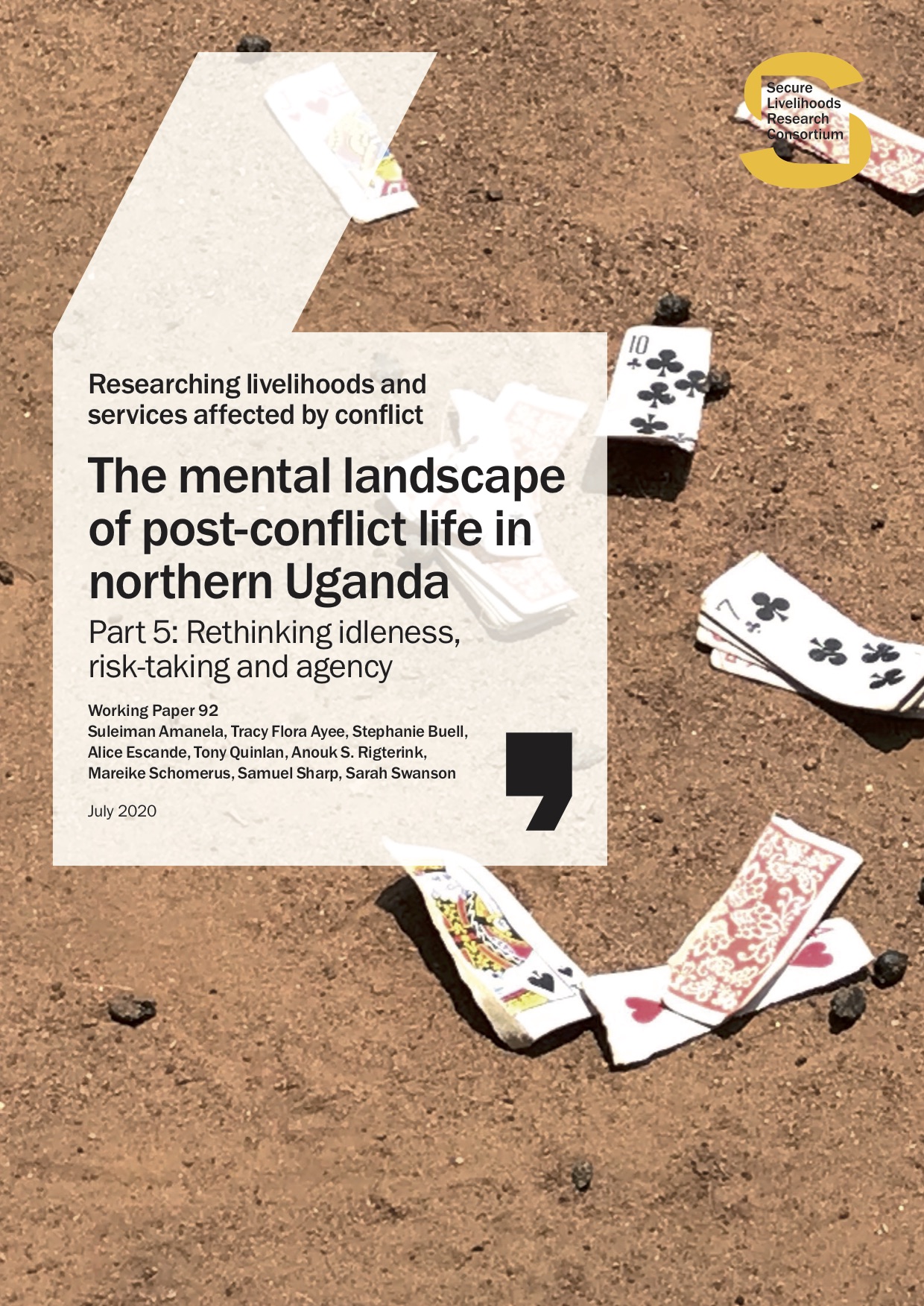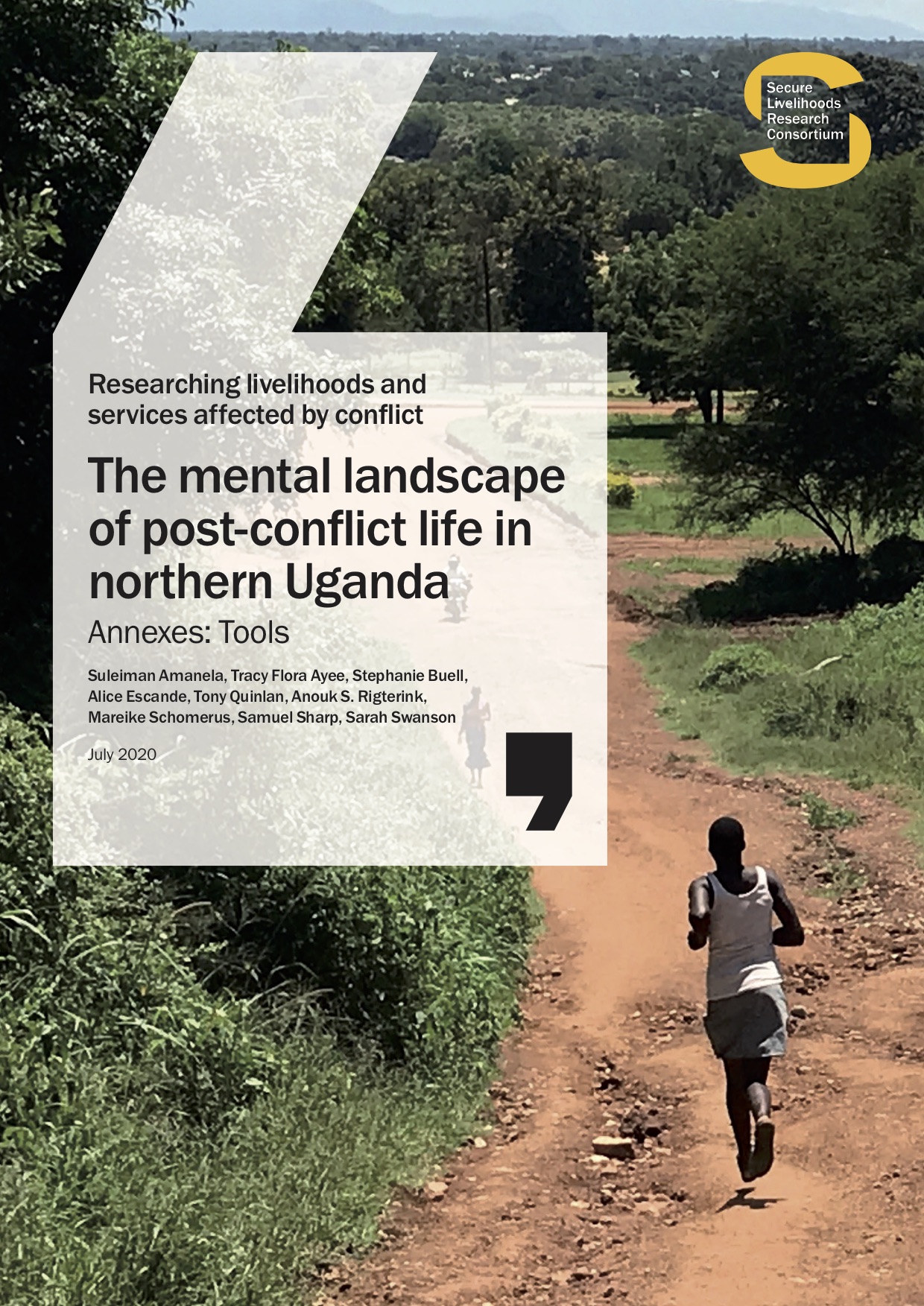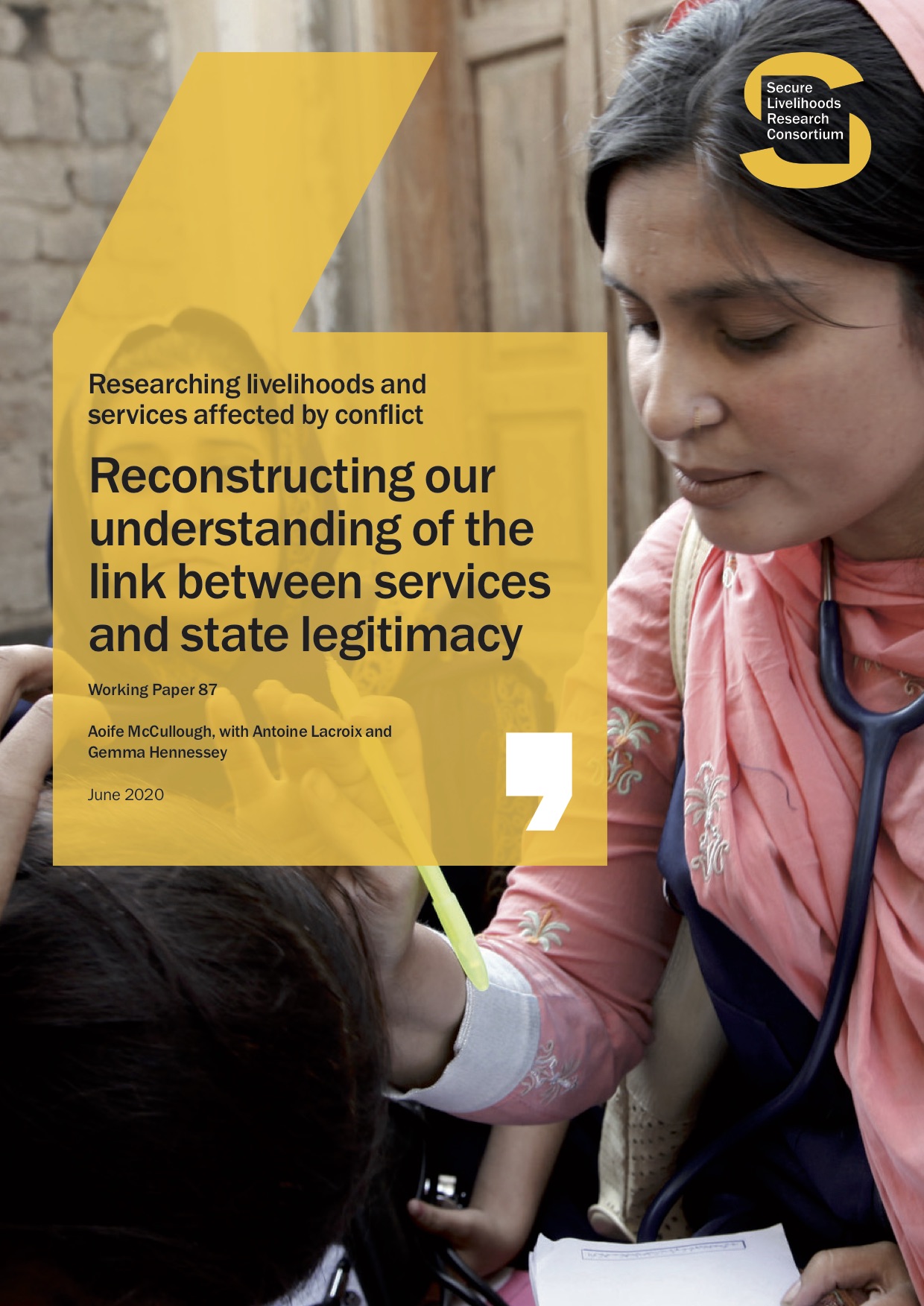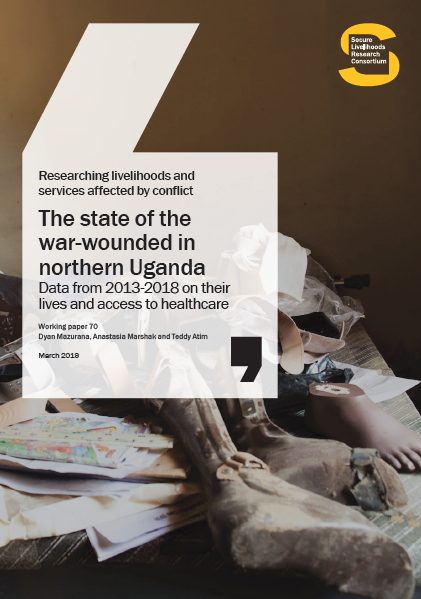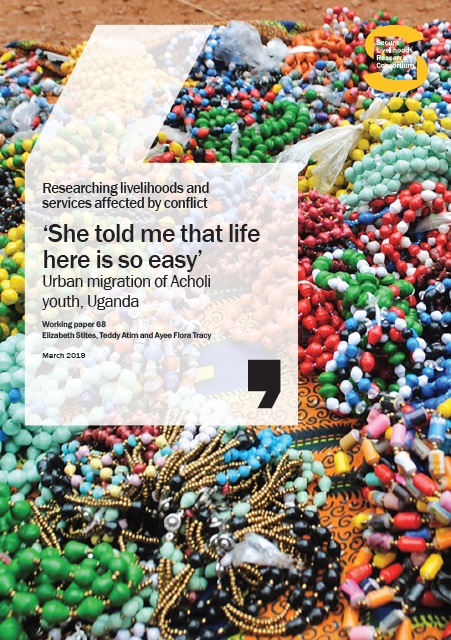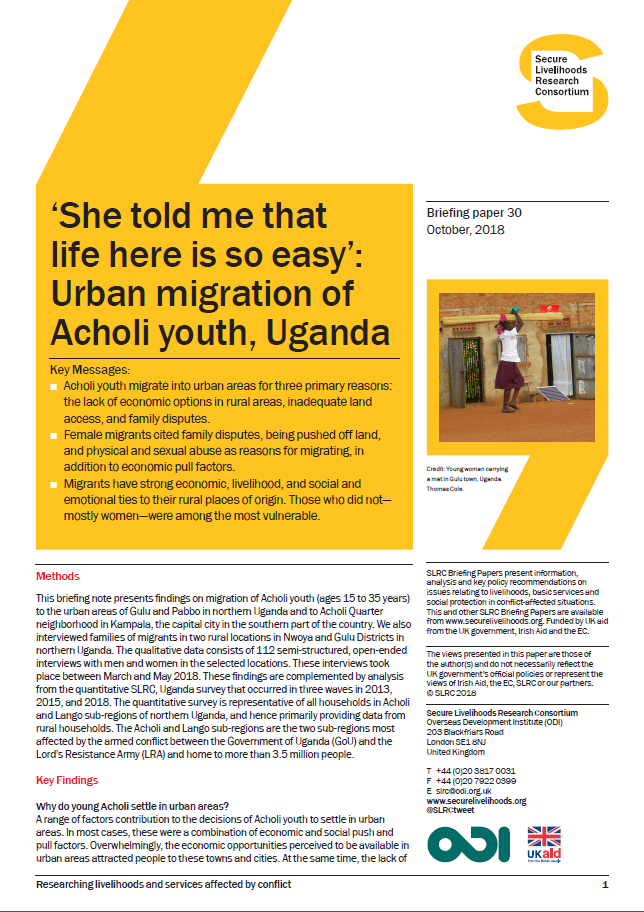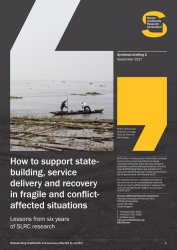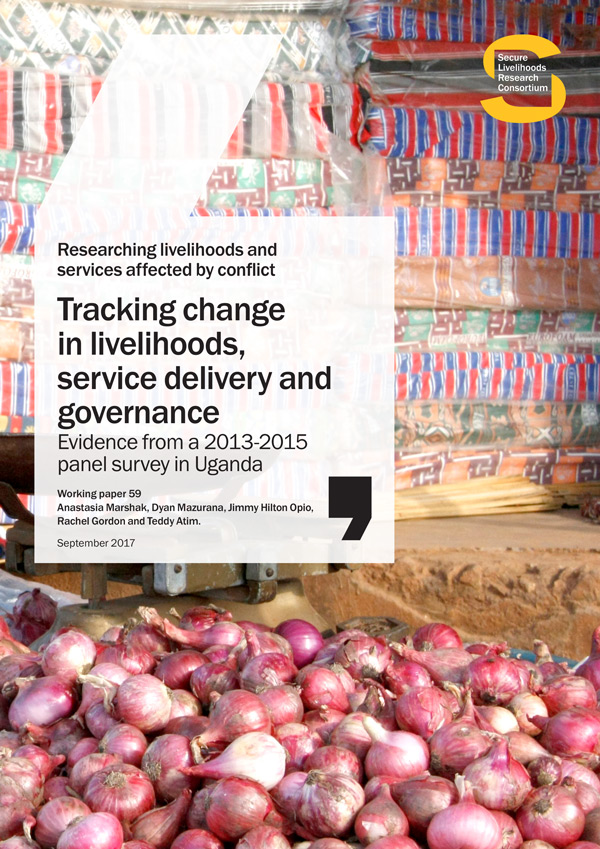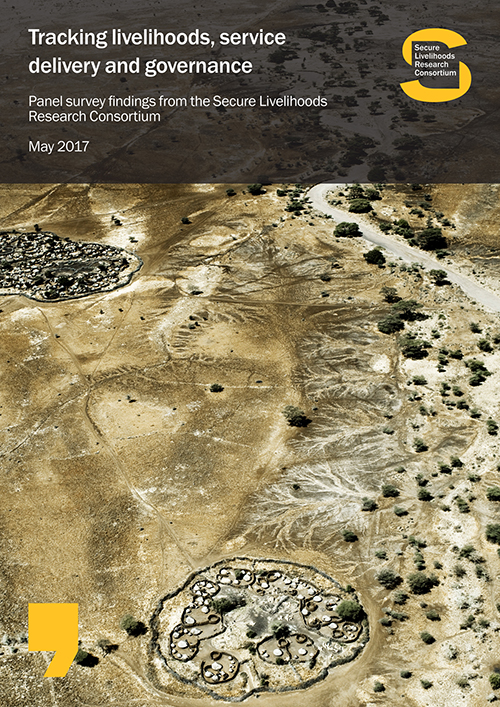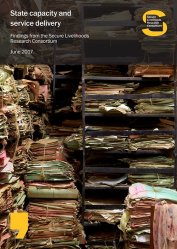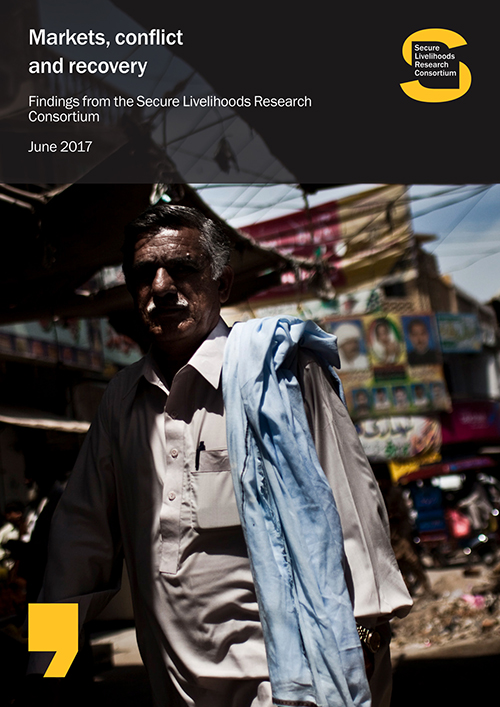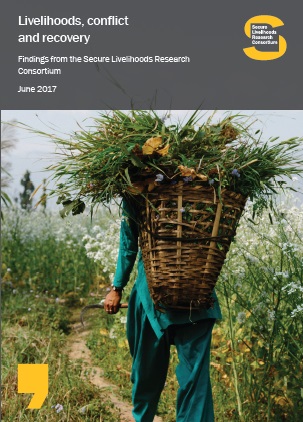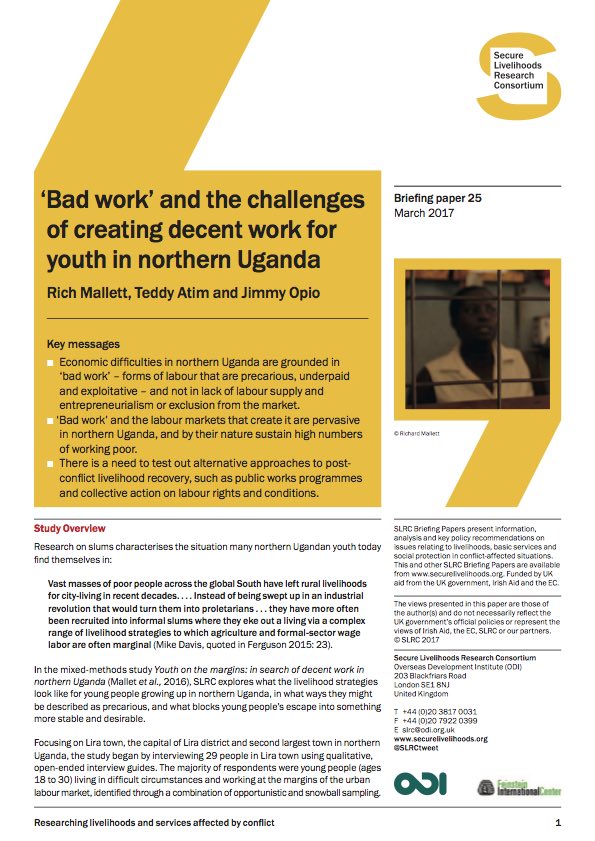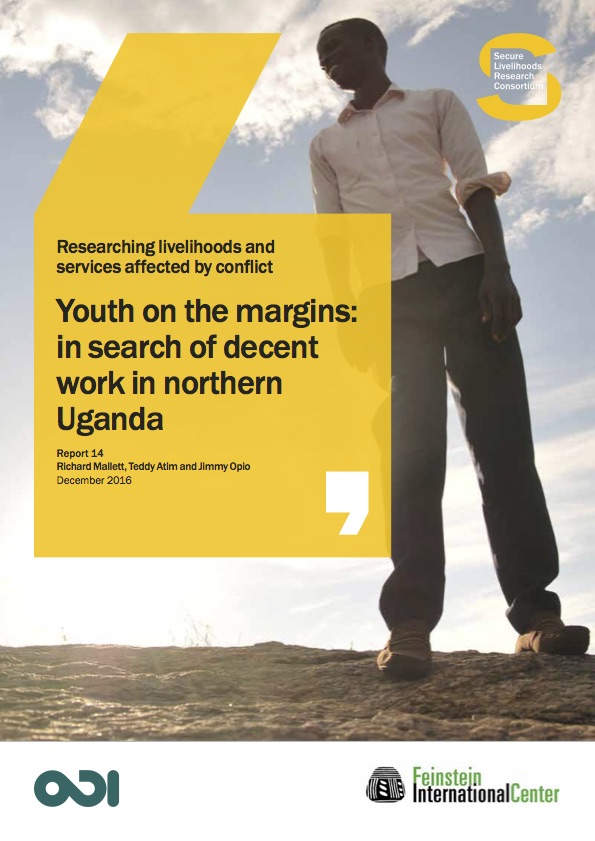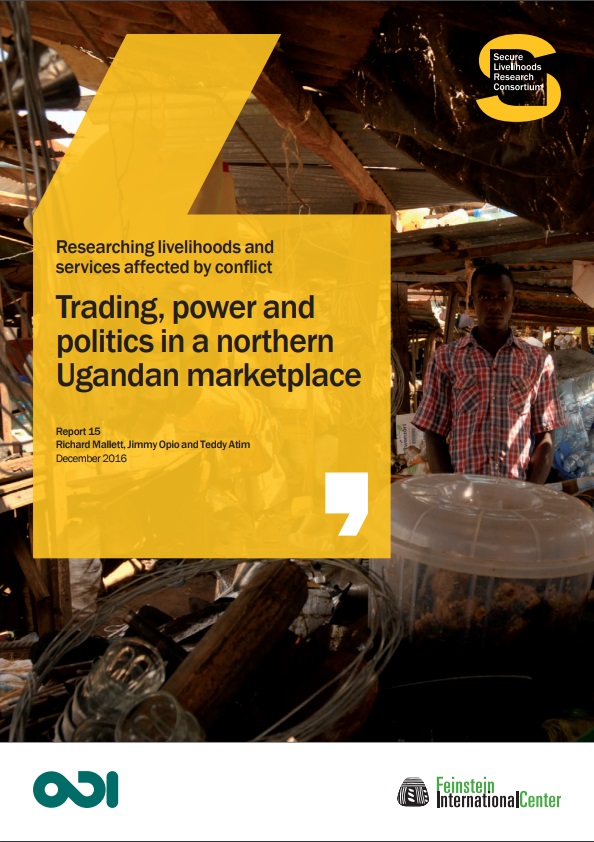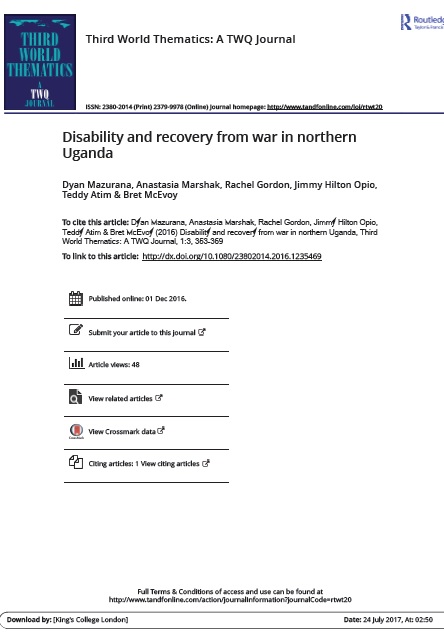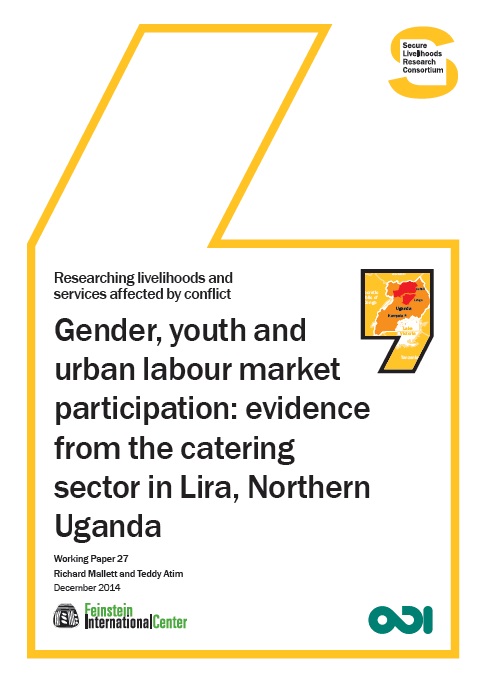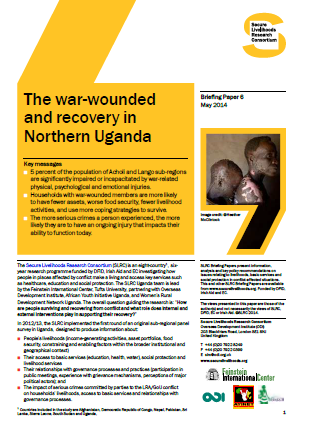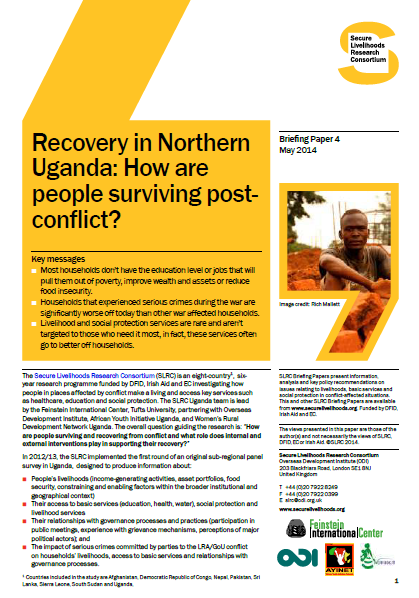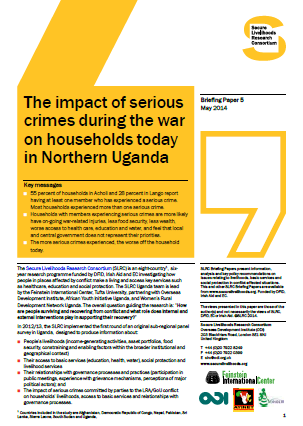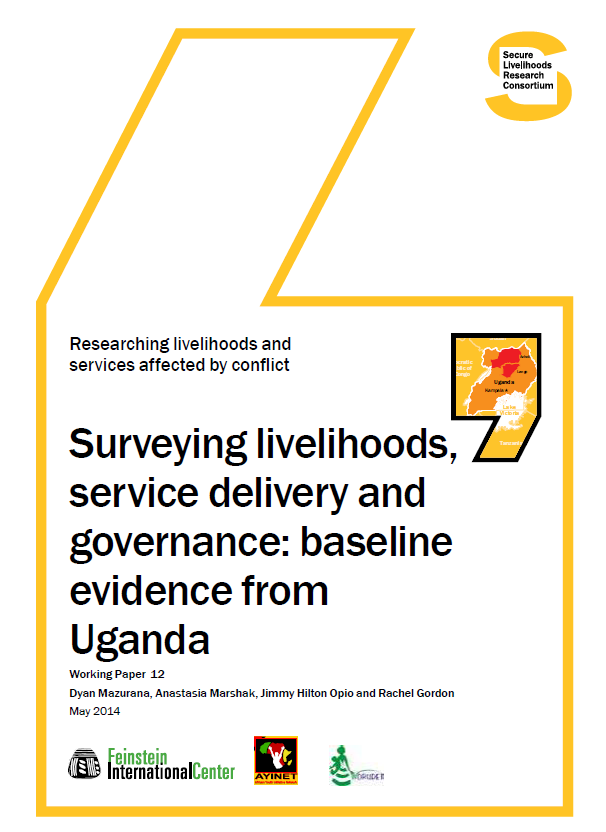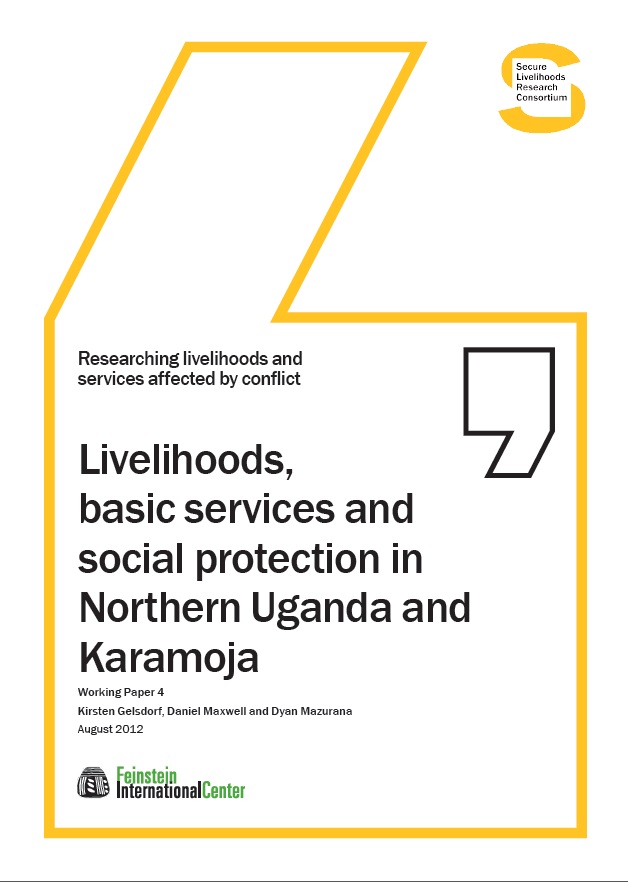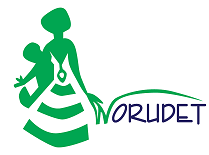The Uganda research programme
Hundreds of thousands of individuals in Uganda have suffered serious human rights violations as a result of the protracted conflict between the Government of Uganda (GoU) and the rebel Lord’s Resistance Army (LRA). Under international law and, to a lesser extent, the Ugandan constitution, persons who have suffered serious crimes and violations have a right to redress, remedy and reparation, and it is understood from recent studies that such people’s priorities cover a range of issues, including: physical and mental health services; education services; assistance to recover housing, land and inheritance; youth empowerment; public acknowledgement of harm and apologies; information on the ‘disappeared’; and proper treatment of the dead.
SLRC/Uganda’s research programme focuses on: a) persons, households and communities who have suffered serious violations of human rights law and international humanitarian law; and b) broader conflict-affected households and their communities.
The programme is based on three core research themes:
- Rebuilding state-society relations through effective programming: how do war victims perceive the Ugandan state?
- Mechanisms and arrangements for better service delivery in Northern Uganda
- What are the enabling and constraining factors that determine livelihood trajectories?
In SLRC Phase II, the Uganda programme includes behavioural and qualitative components seeking to provide research findings on how perceptions, definitions and experiences translate into behaviours that either aid or hinder post-conflict recovery.




